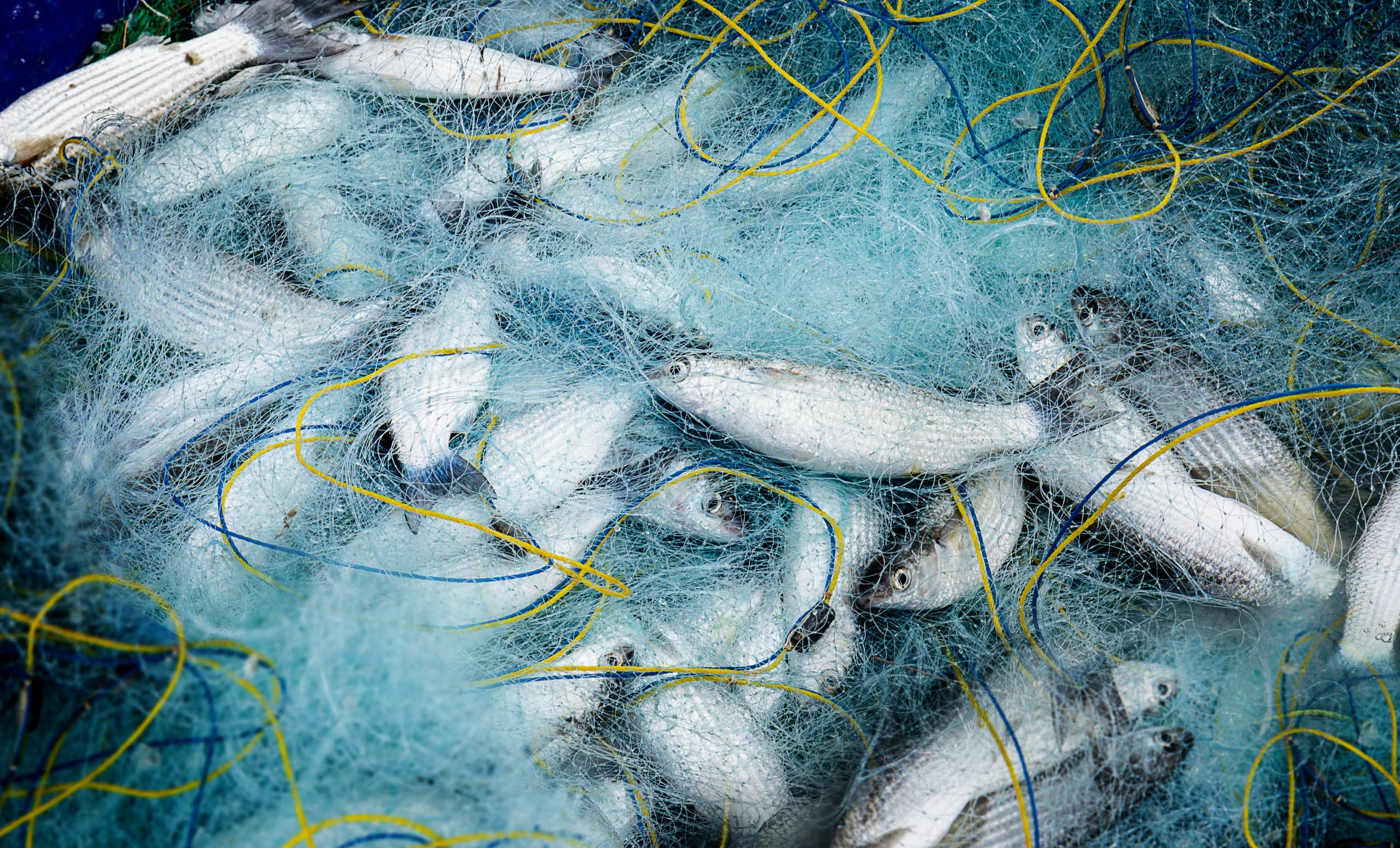Grieg Seafood
Improving sustainable growth and enhancing the quality control process with our mobile and web application
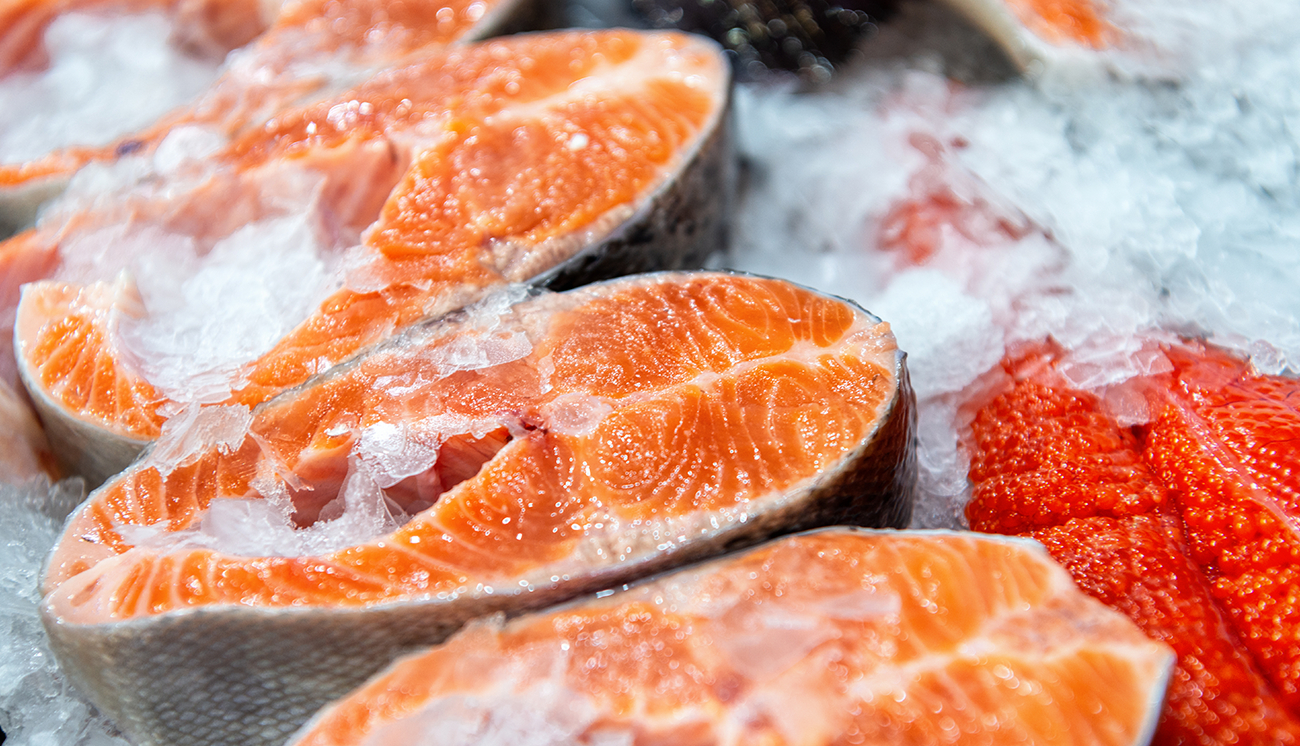
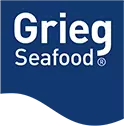
01 _THE BRIEF
A web application for documenting the quality control process in a salmon factory, supervising the packaging delivery process.
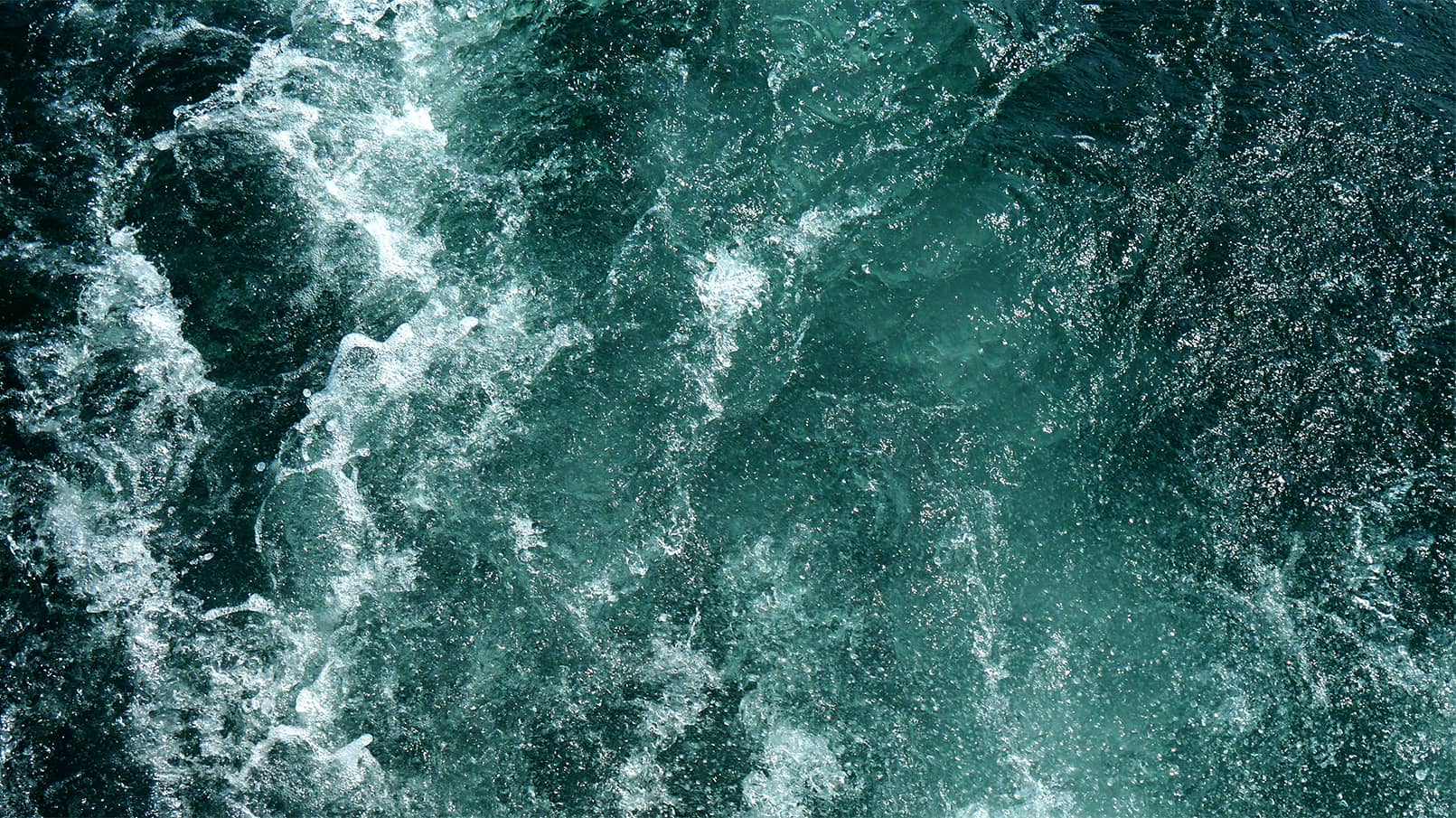
02 _WHAT WE'RE PROUD OF
We are proud to integrate the application with the industrial automation system in the factory (Beckhoff). When a user fills out the form, our application connects to the automation system and pulls part of the measurements, such as the temperature, pH and oxygenation of water in fish tanks.
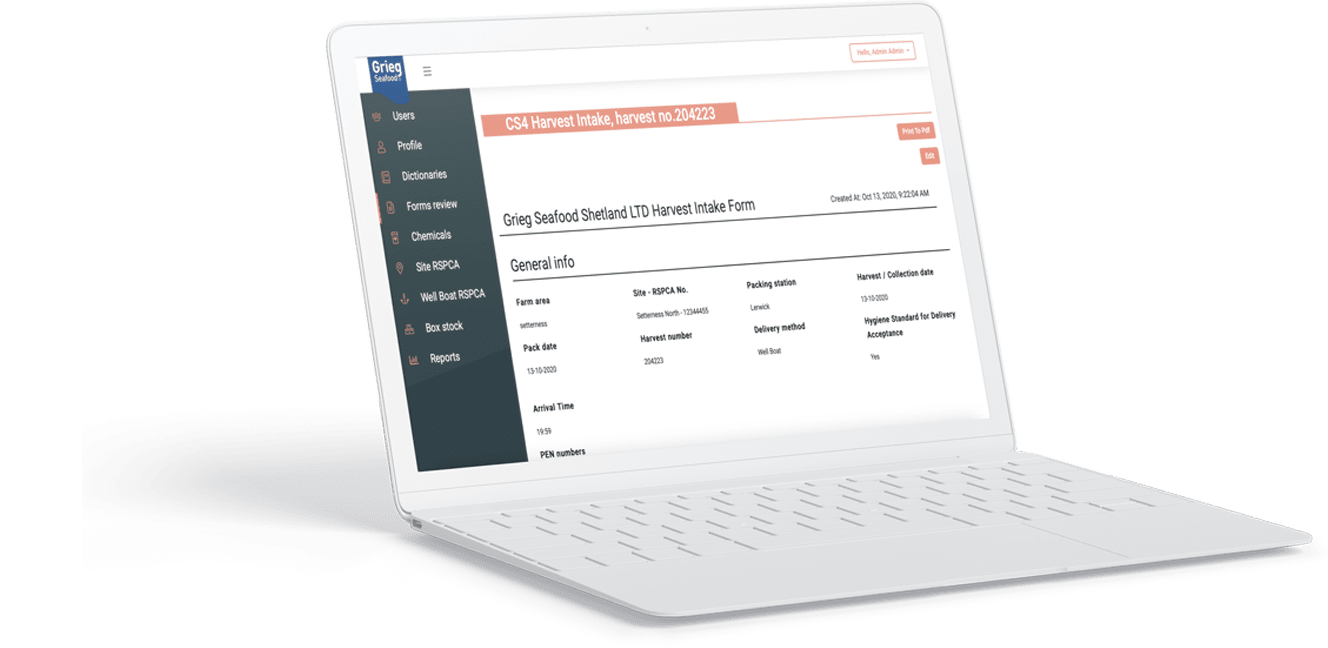
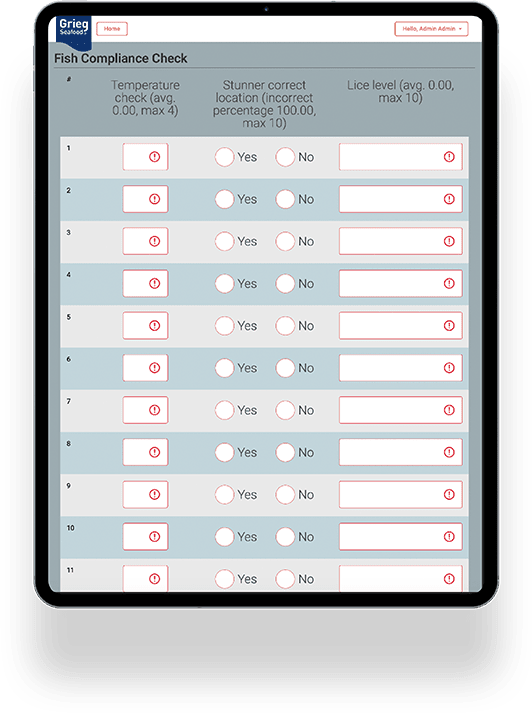
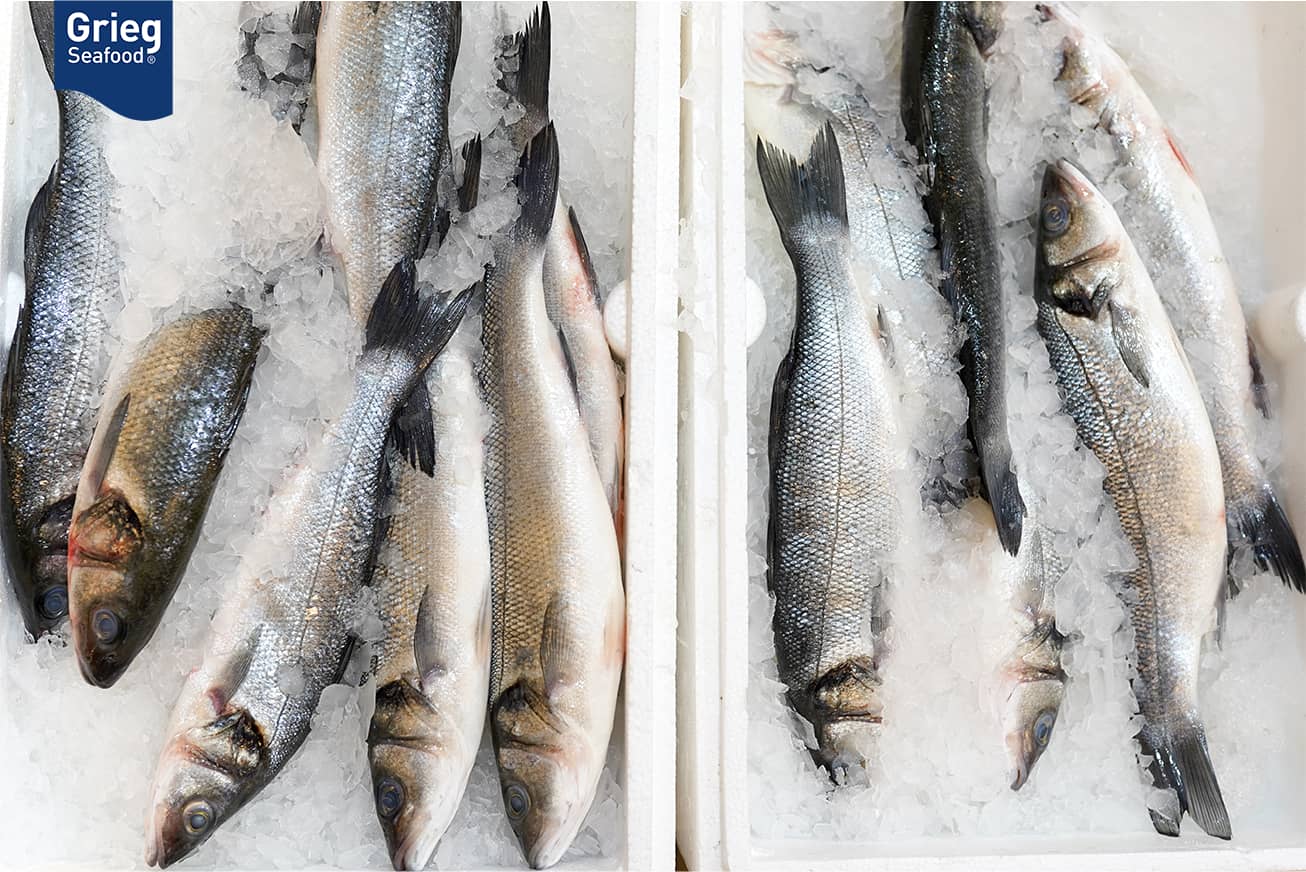
QUALITY CONTROL
PROCESS in a
Grieg Seafood factory
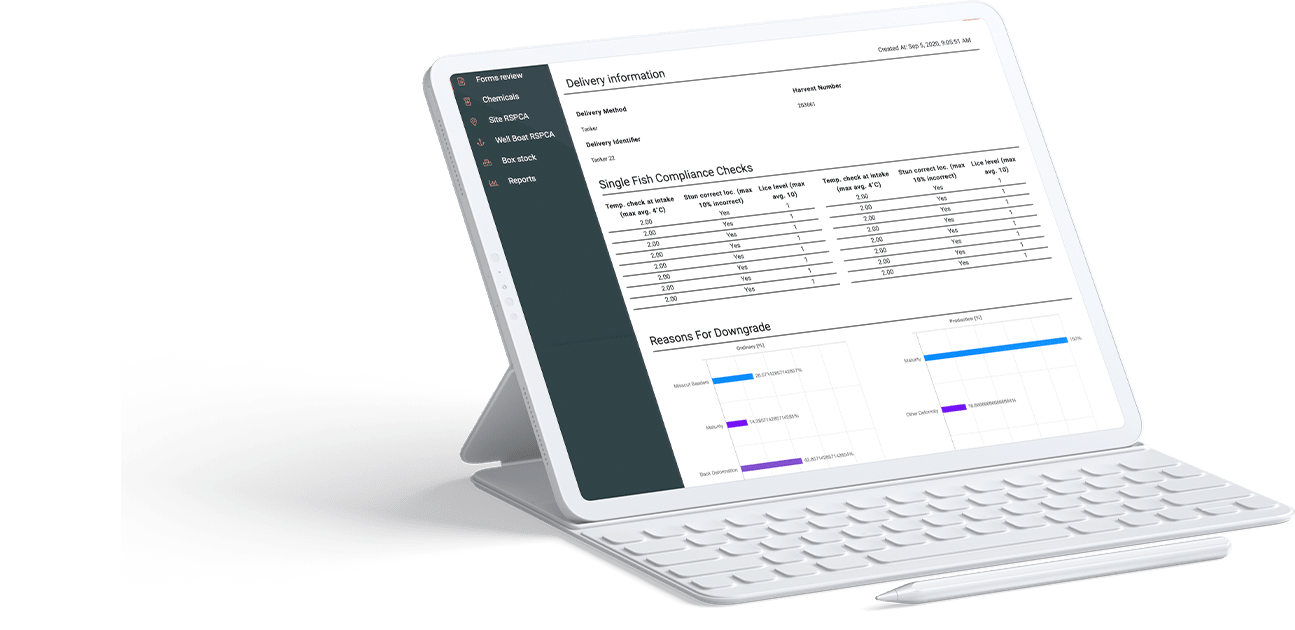
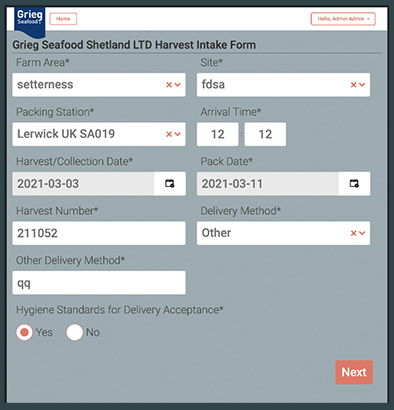
03 _THE DETAILS
There are two applications in this project:
- application for mobile devices (PWA), which is used on tablets. In the app employees responsible for quality control enter data into the system by using appropriate forms defined in the app.
- web application for managing user accounts, managing database entries that are later used in the forms (numbers of fish farms, boat and truck markings, types of packaging, chemical catalogue cards). This application is also used to view completed forms, print them to PDF files and generate reports from the data collected in the database.
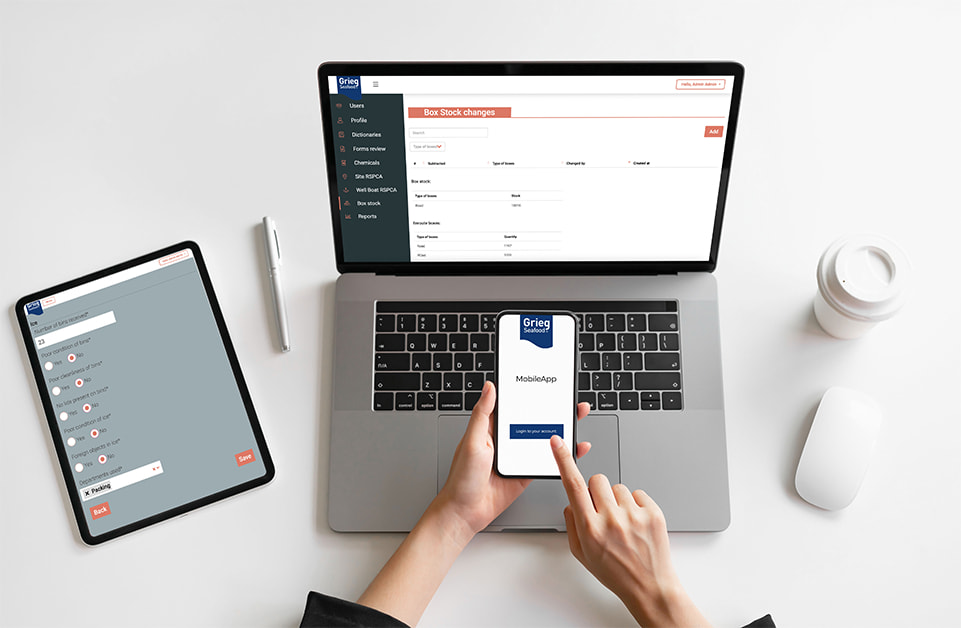
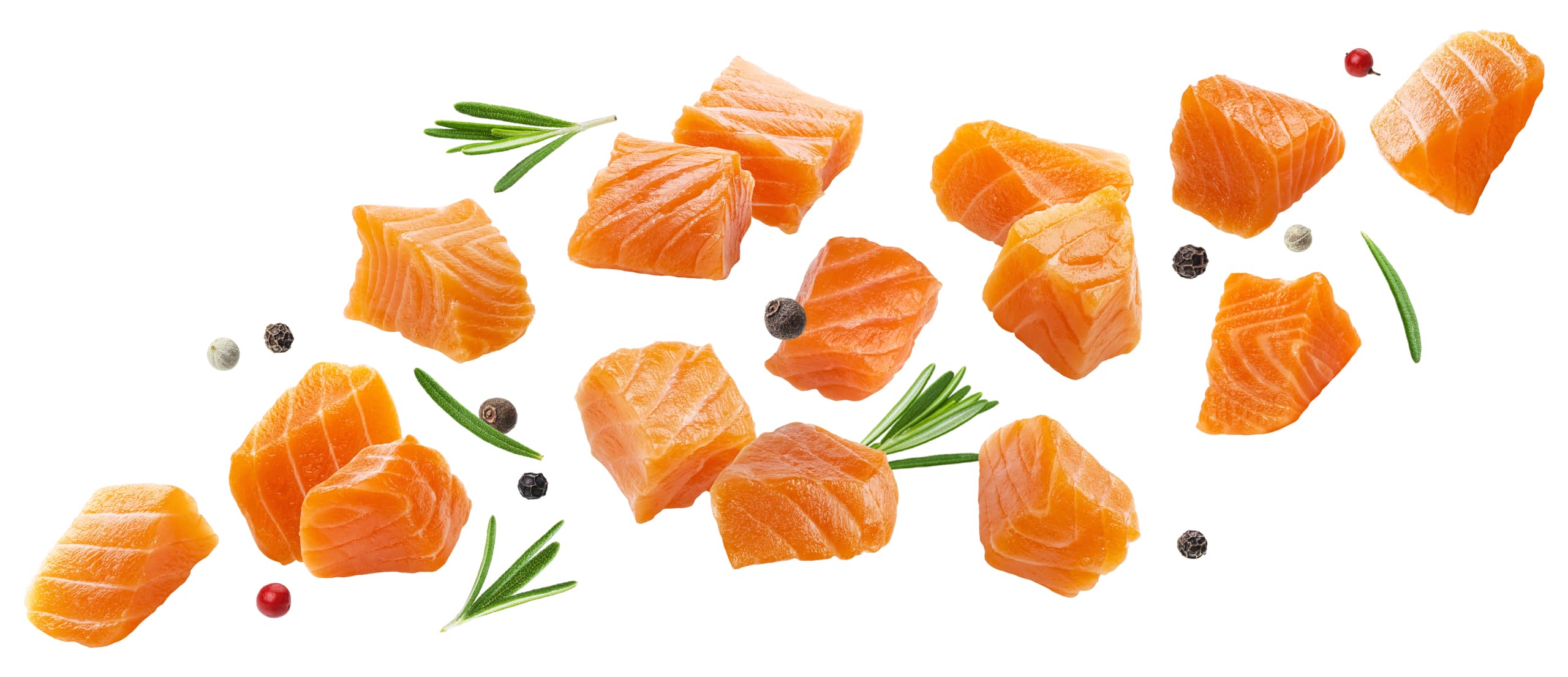

04 _THE CLIENT
Grieg Seafood is one of the world’s leading salmon farming companies, targeting 90 000 tonnes of harvest in 2020 and 130 000 tonnes in 2025. Their farms are in Finnmark and Rogaland in Norway, British Columbia and Newfoundland in Canada, and Shetland in the UK. The headquarters is located in Bergen, Norway. More than 900 people work in the company throughout our regions.
Sustainable farming practices are the foundation of their operations. The lowest possible environmental impact and the best possible fish welfare is both an ethical responsibility and drive economic profitability.
